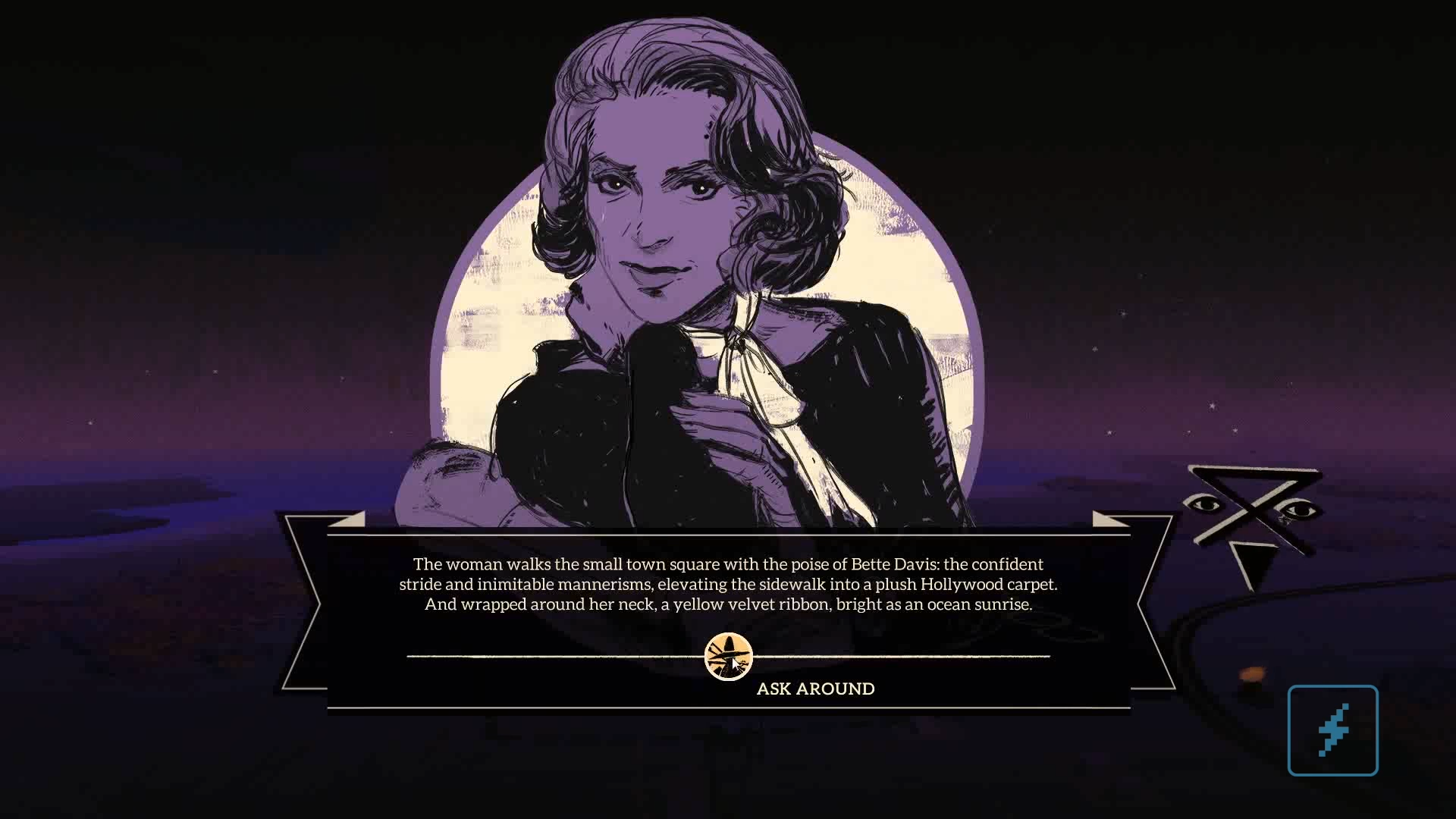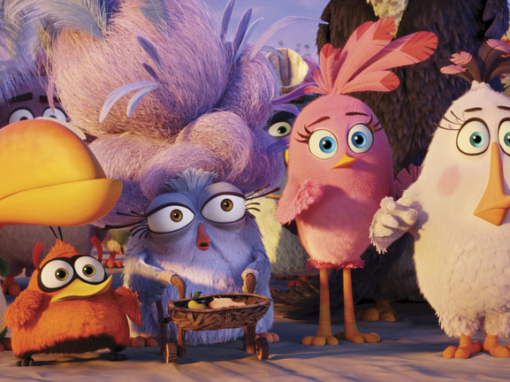Indie Devs Lament Low Sales While Making Art Piece Games
Indie Devs Lament Low Sales While Making Art Piece Games
Indie developers have provided some of the freshest, most exciting content to gaming in years. No one would argue with the quality of stellar games like Shovel Knight, Transistor, or Stardew Valley. However, for all of the highly regarded and adored indie games, there are hundreds – if not thousands – that miss the mark considerably.
The developer for one game, Where the Water Tastes Like Wine, recently took to the internet to lament this process, a process that can see an indie developer sinking years and hundreds of thousands of dollars into a game that gets little to no attention. However, while the creator – Johnnemann Nordhagen – goes into plenty of details about the creation process that went right and wrong, he makes very little mention of the most important thing – is it fun to play?
Labeled on Steam as both an Adventure game and an RPG, Where the Water Tastes like Wine doesn’t feel like either. What the game does feel like is a Visual Novel, but for some reason the users and developer seem to shy away from this category.

Most of the gameplay focuses on text boxes and descriptions like those found here.
The player controls a skeleton wandering depression-era America (which sounds as action-packed as it is), collecting stories, talking to people, and walking. There isn’t really much more to the game. The player will spend most of their time walking rather slowly across the country. Occasionally, they will spot symbols meaning they can camp for the night, or interact with a small bit of story. Options are presented here, but the interactions usually come down to ignoring the interaction or engaging it, which seems a silly choice since the player chose to walk to and interact with it in the first place. Camp fires are where most of the game focuses, with the player choosing stories to tell NPCs in order to flesh out their backstories, and that is pretty much the game.
There are little other moments of interactivity, such as the ability to “Hold Left Control to Whistle. If you Match the notes, you’ll walk faster. Use Left Arrow, Up Arrow, and so on,” but this feels far more like a chore than it does an adventure. Even exploring towns offers few text options like ‘Earn Money’ which doesn’t involve any mini-games or character progression, but usually features a few text boxes to click through and nothing more. While Nordhagen spends no time discussing what players can actually do in his game, he does make mention of the pacing.
“The biggest complaint from reviewers after the game launched had to do with the pacing particularly in the later parts of the game. The reason for this is simple: we didn’t play it much.”
This is where the majority of issues with the game center. In Nordhagen’s entire post, he mentions gameplay zero times. He does say that they didn’t play the game much, and he further goes into details about how the game was poorly optimized for a keyboard and mouse (despite being released only on PC). Beyond that, he doesn’t address the fact the biggest weakness of Where the Water Tastes like Wine is that there is nothing to do.
While an interesting art piece, the game is a Visual Novel but without the wacky personalities and character choices that often accompany them. Instead, it has an art style that would appeal to John Steinbeck with stories to go along with them. Character choices don’t really matter – it’s just unlocking more or less of NPC backstories – and there is no real overarching goal or objective, just talking. The description of the game simply calls it a “game about traveling, sharing stories, and surviving manifest destiny,” which is to say, an RPG or Adventure game is isn’t, a game where you walk and share stories it is.
Stories like this aren’t uncommon from indie developers, many of which get more caught up in telling a story they think is important than what their audience actually wants. Sunset was another indie title with high aspirations and nothing more. The game focused on a maid doing daily chores while the world around her crumbled, but that meant the player spent all their time cleaning apartments, which wasn’t exactly riveting.
Many developers get overly excited from Indiecade acclaim and awards on storytelling, but Indiecade is a far cry from representing the masses, and its awards usually amount to basically nothing in revenue or mass appeal. This is only proven by Nordhagen’s comment that “fewer people bought the game than I have Twitter followers.”
It might be time for some developers to rethink why they are getting into game design. Making an artsy game is fine, and making one to fit a specific vision is just fine too, but developers need to understand that gamers want to have something to do, and no amount of artistic efforts will make up for that.
RECENT VIDEOS
TRENDING NOW
Support from Community Pours in after Doublelift’s Tragedy Read Now
EU LCS Is Franchising Next Season Read Now
GameStop is Finally On its Way Out, Few Will Miss It Read Now
The biggest Difference Between Sports and Esports is Acceptance Read Now
Ninja Apologizes For Perceived Racial Slur Used In Stream Read Now
Also…
Don’t forget to check out some of our other weekly pieces, The LoL Weekly Preview, Recap and Highlight, as well as something I’m Forgetting and Week in Review.
FOLLOW EKGAMING ON SOCIAL MEDIA
©2017 EKGAMING. All Rights Reserved. Designed by EKGAMING



